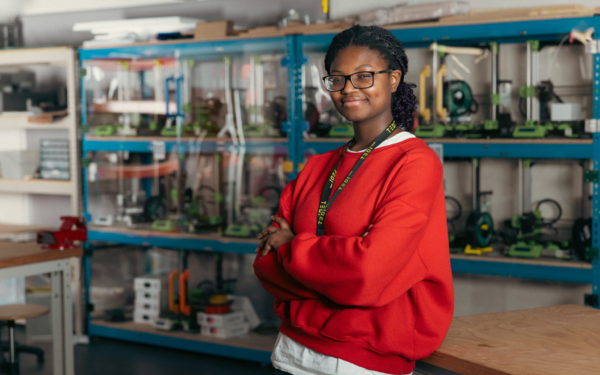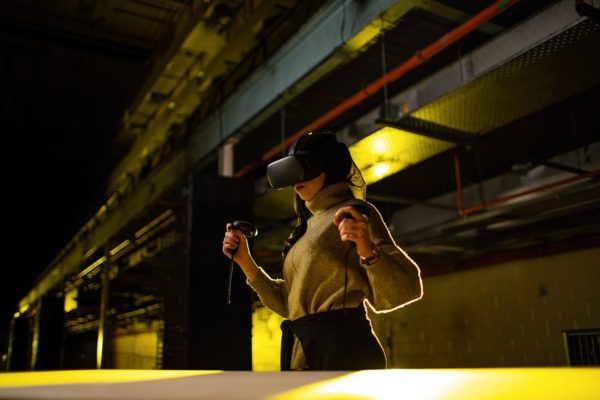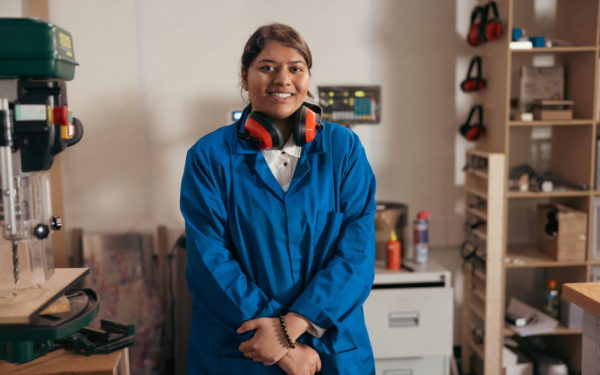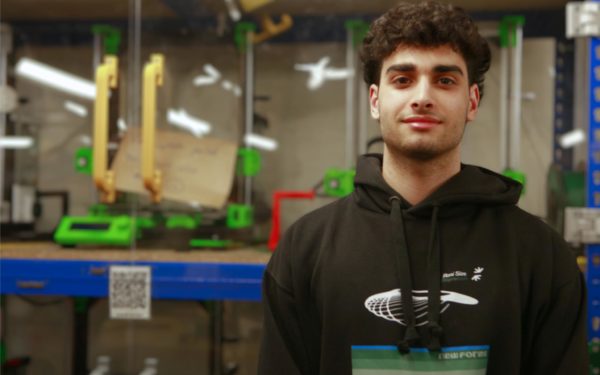

Why choose TEDI-London?
Globally focused, socially aware and from diverse backgrounds, the engineers of the future will work together to solve problems and improve lives. TEDI-London has been created to educate and inspire these engineers.
Reasons to join us
We teach engineering in a new way
We are delivering a different kind of engineering education that takes a project-based, interdisciplinary global design approach. This means that it includes all the elements of professional engineering as well as digital, design, and business skills. So you’ll learn across engineering disciplines in your projects, rather than just one.
You’ll be considered a professional-in-training from the start, and you’ll work in teams to respond to real-life design challenges and draw on each others strengths – just like in the workplace.
Globally-responsible engineering
Engineers are actively involved in developing solutions that change the world around us. That’s why the TEDI-London philosophy has ethics interwoven throughout and many projects align with the UN’s Sustainable Development Goals, such as maintaining sustainable cities and communities, good health and well-being, affordable and clean energy, climate action, and more.
A new approach to admissions
Good design calls for diverse perspectives. Unlike lots of other engineering degrees, you don’t need A-Level maths or physics to apply to TEDI-London. We’ll equip you with the foundational knowledge you’ll need to keep up with the mathematical aspects of engineering.
A mix of hands-on and online
No lectures here. To support your practical, team-based projects in the makerspaces, you’ll access your theoretical modules via an online learning environment. You’ll independently acquire the skills and knowledge needed to directly apply in your practical sessions, giving you all the academic rigour needed in an engineering degree.
Supported by experts across disciplines
TEDI-London has been developed by engineers, for engineers. You’ll learn from a diverse mix of academic and industry experts. The TEDI-London academic team comprise Chartered Engineers from the likes of The Institution of Engineering and Technology (IET), The Institution of Engineering Designers (IED), The Institution of Mechanical Engineers (IMechE), The Institution of Civil Engineering (ICE), and The Institution of Structural Engineers (IStructE).
A community feel
You’ll never just be a number at TEDI-London. Our campus is small but mighty and is where you’ll be part of a friendly, supportive community, collaborating closely with your peers and tutors.
Read more student stories


Student story: Engineering to help others

